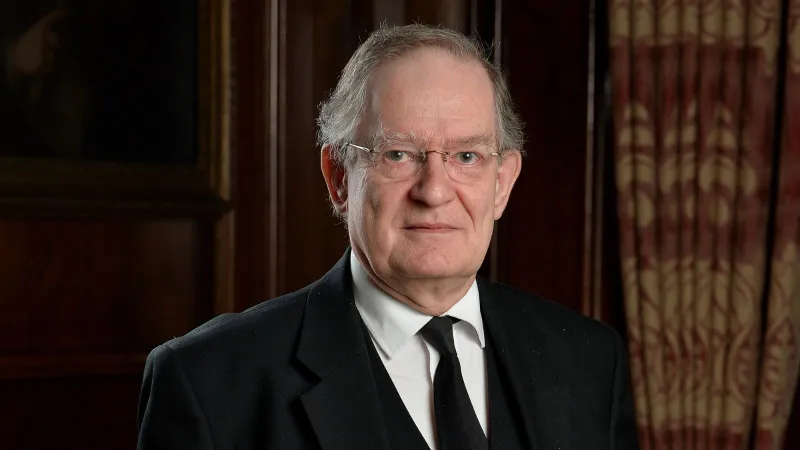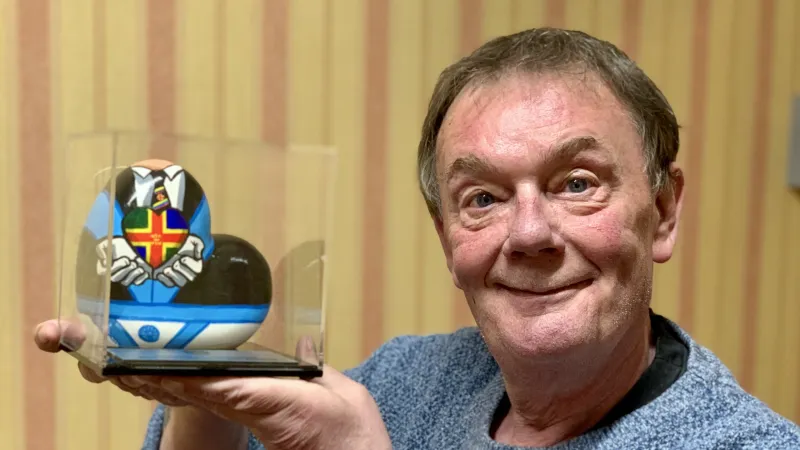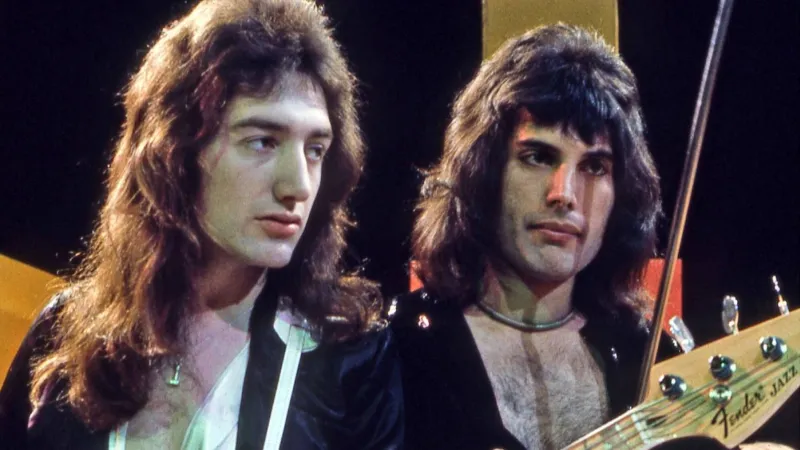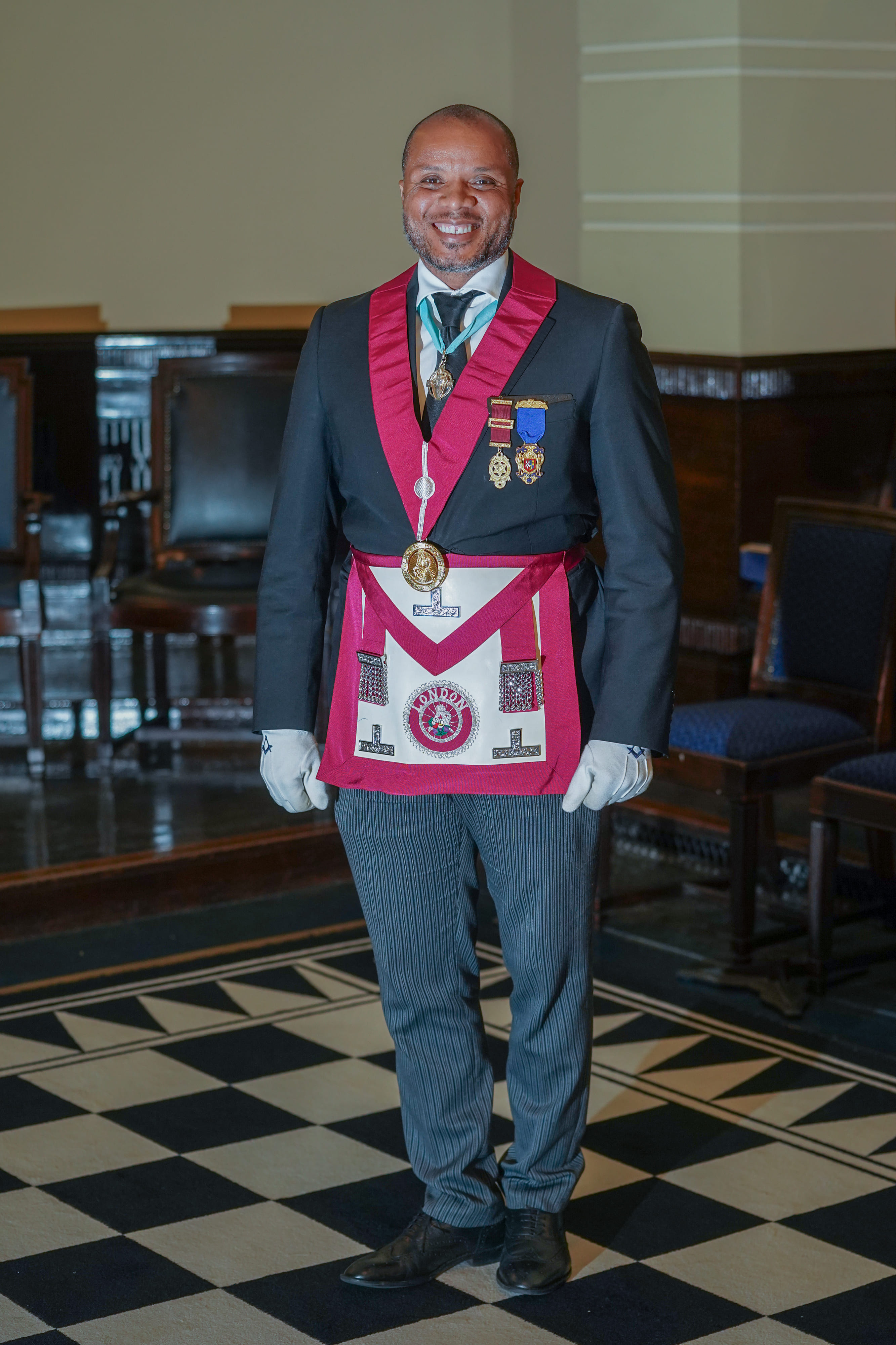
Freemasonry is more than just a fraternal order—it's a living, breathing community shaped by the passion and dedication of its members. Lee Townsend, a 47-year-old Freemason from London, is a notable example of this spirit in action. Over the past 12 years, he has been instrumental in breathing new life into the Craft. As a Metropolitan Grand Steward and a professional in the voluntary sector, Lee represents the dynamic face of modern Freemasonry in London.
In this exclusive interview, we delve into Lee's transformation from a sceptic to a passionate advocate, exploring how Freemasonry has shaped his life and how he, in turn, is helping shape the future of Freemasonry.
Q: Can you please introduce yourself?
A: My name is Lee Townsend. I am 47 years old and I live in London. I’ve been a Freemason for 12 years now. I work in the voluntary sector, primarily with third sector organisations focusing on community engagement, empowering communities, and working with marginalised or hard-to-reach groups. I also work as a freelance photographer and partake in many public speaking engagements.
Q: When did you first hear about Freemasonry?
A: I was trained at a seminary and was deeply involved in the Pentecostal Church movement. Initially, I held negative views about Freemasonry due to the prevalent myths, rumours, and conspiracy theories I had heard. However, while living in Jamaica, I became associated with service clubs like Rotary and realised that many of the professionals I worked with, while I was an educator at the time, were also involved in Freemasonry to some extent.
These men were honourable and actively engaged in charitable activities, raising funds, creating awareness, and promoting integrity and good conduct in our community. This made me question the negativity surrounding Freemasonry and its members. I began to wonder why the men who were role models for our community, including those who had positively influenced my life, were affiliated with an organisation perceived so negatively.
Upon returning to the UK, I continued my inquiry into Freemasonry. The significant factor that piqued my interest was that many of the Freemasons I knew were men of high moral standing who actively challenged societal issues. They did not openly boast about their affiliation, but a noticeable ring or lapel pin would sometimes indicate their membership, sparking my curiosity and initial introduction to Freemasonry.
Q: What do you enjoy most about being a Freemason?
A: It's difficult to pinpoint just a few things, but I'll try. When I returned to the UK after working in politics in Jamaica, I felt broken, disconnected, and isolated. That's when Freemasonry really made a difference for me.
Firstly, it provided me with a network of friends. Over time, the trust and bond with other Freemasons became something special. They're like family to me now, emotionally. The support is just incredible. And knowing my daughters have all these 'uncles' they can turn to? That's priceless.
Then, there's what it did for my confidence. When I returned, I was struggling. I couldn't find good work and felt lost. Learning the Ceremonies was a challenge with my dyslexia and dyspraxia. I wasn't even aware I had those conditions back then, I just knew I had trouble focusing. It took me longer than everyone else, but when I finally got it and performed it? Hearing a fellow Freemason say, "Well done, that was amazing." That was a real boost.
Lastly, there's this sense of safety in Freemasonry. It's not about financial gain - anyone joining for that is in for a disappointment. But having this network of guys in different fields, ready with advice or guidance? That's invaluable. As a leader - because I am one, no doubt - it can get lonely. In Freemasonry, I have fellow Freemasons who will pull me aside if I mess up, tell me straight but with love. It's all built on those promises we made. We're here to lift each other up.
Q: What would you say to someone thinking about joining Freemasonry and why should they join?
A: When someone tells me they want to join Freemasonry, my first response is always, ‘Why?’ It's crucial to understand their motivation.
Then I share my own experience. Freemasonry isn't about gaining wealth or status. It's about becoming the best version of yourself. We have this concept of the 'rough ashlar' - a raw stone that's gradually shaped and refined. That's us. We acknowledge our strengths, weaknesses, and faults, and work on improving ourselves.
Our motto is "to make good men better," and that's exactly what we've been doing for centuries. I believe in the idea that "iron sharpens iron" - one man strengthens another. That's what Freemasonry has done for me.
If you're looking to meet like-minded men who want to grow personally and help others do the same, all while positively impacting our families and society, then Freemasonry might be for you. It's like peeling an onion - there's always another layer of knowledge and self-discovery. It's not just about self-improvement, but about being part of something bigger, something that can make a real difference in the world.
Q: What does the role of Metropolitan Steward involve, and what are your main responsibilities?
A: As a Metropolitan Grand Steward, I have the honour of representing the Metropolitan Grand Lodge. It's a recognition of my dedication, leadership skills, and commitment to the organisation.
The role allows me to visit various Lodges, which I may not have had the chance to do otherwise due to my job and family commitments. During these visits, I accompany officers to their meetings and wear a distinctive red apron. My duties involve interacting with other Freemasons, especially younger ones, answering their questions about Freemasonry, and encouraging them to get involved in the organisation.
In addition to these responsibilities, being a Metropolitan Grand Steward has given me the opportunity to participate in formal settings and develop close bonds with the 19 other Freemasons who were selected alongside me this year. Through working together on committees and completing tasks, we have forged strong relationships and learned from our differences of opinion.
Overall, it has been a rewarding and enriching experience, allowing me to grow both personally and professionally.
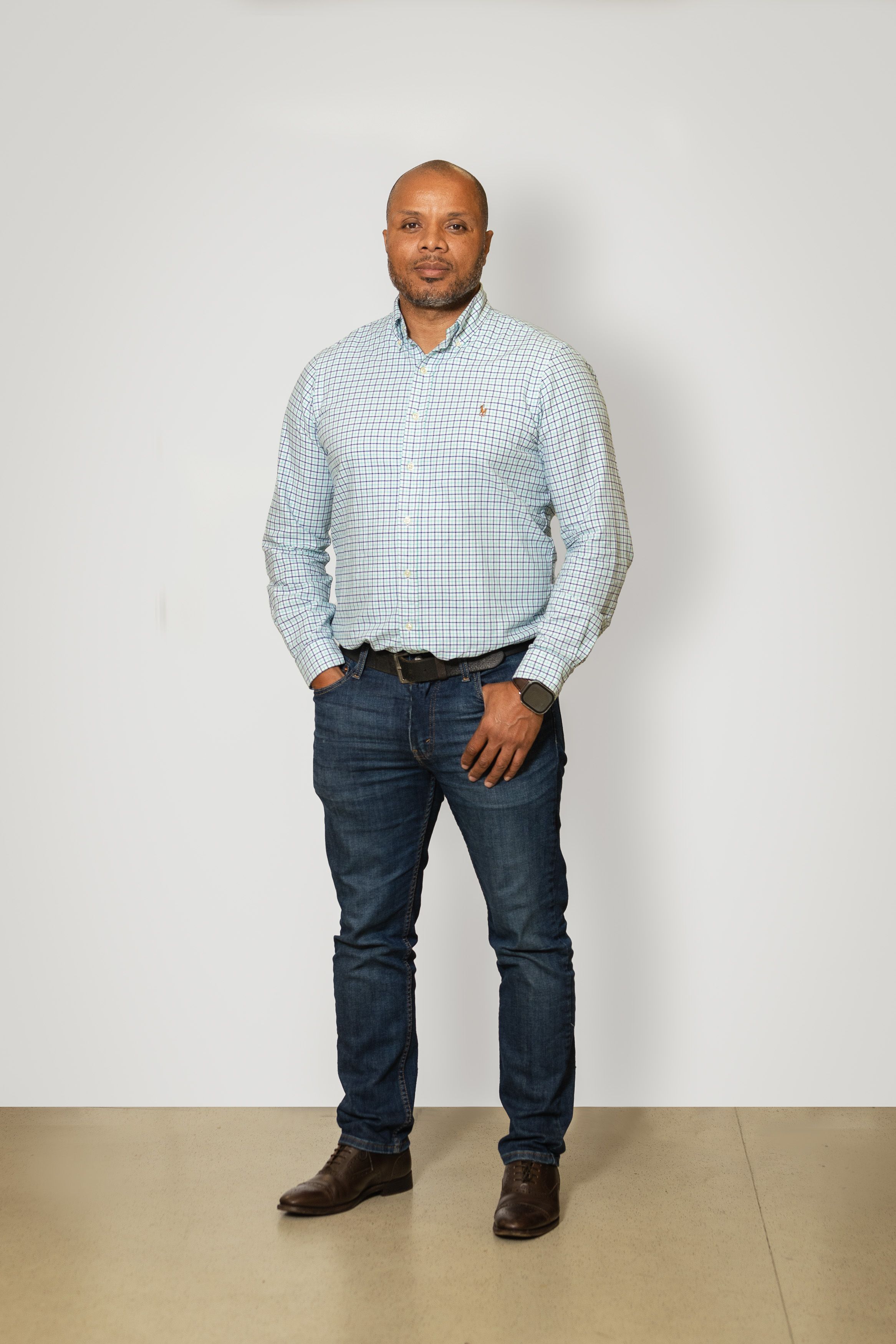
Q: What is an achievement that you’re proud of so far in your journey in Freemasonry?
A: When I first joined Freemasonry in London, I felt a bit let down. The bustling London lifestyle meant less social interaction among Freemasons compared to what I'd seen in the Caribbean. Despite efforts like the Kent Club and Connaught Club, it just wasn't the same tight-knit community I'd expected.
I also noticed a gap in support for new Freemasons. Some were getting their Degree questions just a week or two before their Ceremonies, instead of right after their previous Degree. This lack of guidance inspired me to take action.
I started a WhatsApp group called ‘The Working Tools.’ We'd invite Entered Apprentices and Fellowcrafts we met at meetings to join. It's not an official Freemason group, but we operate similarly - new members need to be proposed and seconded.
Through this group, we've created a support system for younger Freemasons. We ensure everyone gets their Degree questions promptly, offer learning support, and invite them to different meetings. We attend Installations en-masse to support our members - my own Installation had nearly 100 attendees!
The group has grown to 98 members now. We've raised money for charity and even rescued a struggling Lodge making it our home. I'm the second member to go through the Chair, with our third Installation coming up in October.
It's amazing to see how this simple idea has achieved so much. We've created the community I was initially missing, helping many Freemasons along the way. It's also encouraging to see Metropolitan Grand Lodge evolving to meet members' needs. I believe Freemasonry in London can only get stronger from here.
Lee Townsend's journey in Freemasonry is a testament to the transformative power of the brotherhood. From his initial scepticism about joining the organisation to becoming a Metropolitan Grand Steward and founding 'The Working Tools' group, Lee exemplifies how individual members can breathe new life into the Craft.
Are you interested in learning more about Freemasonry? Complete the "Register Your Interest" form, and someone will get in touch to answer all your questions.
